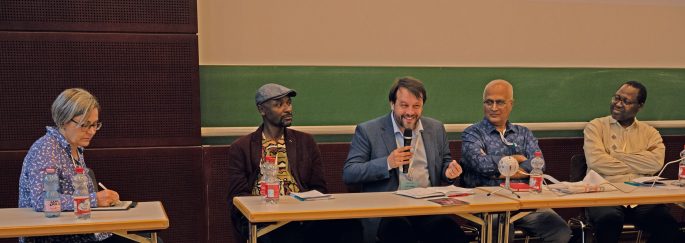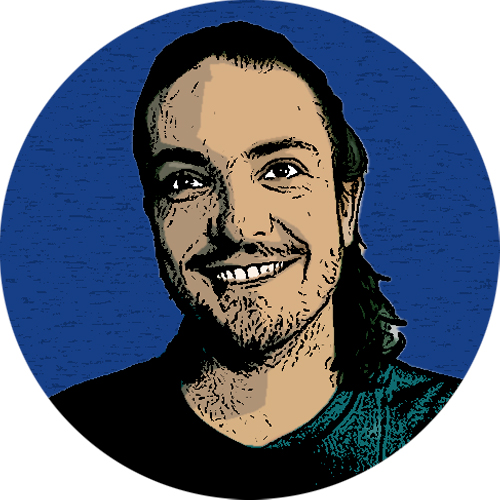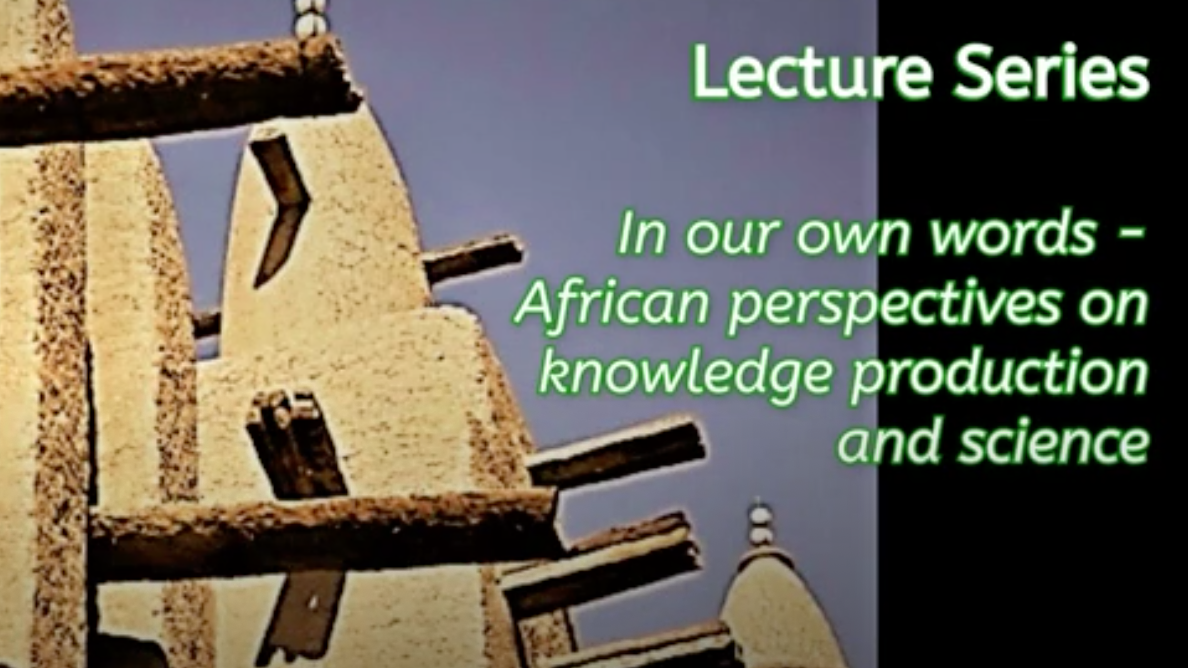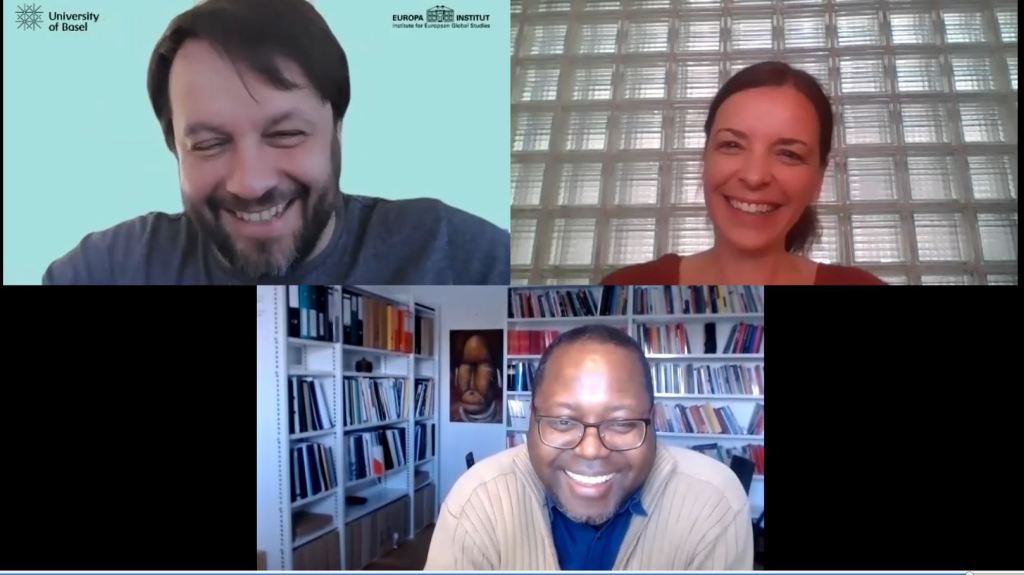The Chair of African Studies in the Department of Social Sciences at the University of Basel is looking for two PhD candidates to work within a SINERGIA Collaborative Research Project on “Reversing the Gaze: Towards Post-Comparative Area Studies” funded by the Swiss National Science Foundation. The Chair is in charge of a work package with the title “When There are Strangers in our Midst – Citizenship, Migration and Retribalisation in Switzerland”.
Project description
The work package foresees two qualitative studies to be carried out in Switzerland on two distinct civil society groups in the field of migration and citizenship. Drawing upon the concept of “retribalisation” developed in the context of anthropological research in Africa during the colonial period, the study will inquire into two distinct groups in Switzerland in order to test the relevance of using concepts developed in Africa to an understanding of phenomena in Europe. One group campaigns for an independent Switzerland, i.e. for a country that stresses a national identity unconstrained by transnational institutions such as the European Union and the United Nations, whereas the other group claims allegiance to liberal democratic values and emphasises a liberal definition of Swiss identity. In relation to immigration, both groups position themselves in contrasting ways and appear well-suited to test the relevance of the concept of “retribalisation”.
The study will focus on the life-worlds of these activists as they are shaped by the dynamic socio-cultural change brought about by immigration. The issues to be pursued are:
- (a) The social profile of activists
- (b) Their places of contact and social intercourse
- (c) Their definitions of themselves in relation to their respective nation, immigrants and the political establishment
- (d) Their overall understanding of political values.
Knowledge of German for the purpose of conducting research in Switzerland is a must.
Tasks
Successful candidates will develop an individual research design examining the research question of the above mentioned subproject; engage in the project workshops and colloquium; contribute to the project’s research output; present their own research inside and outside the University; complete their PhD theses.
Profile
Candidates should have a Master’s degree in any discipline in the humanities or social sciences. Ideally, they should have some experience in research in postcolonial contexts, especially in Africa. Good English and German language skills are required.
Candidates have to fulfil the conditions for admission as a PhD student in the faculty of the Humanities and Social Sciences of the University of Basel.
Position
These are two full-time research positions funded for four years and scheduled to start on 1 October 2020. The salary allows the successful candidates to cover living and tuition expenses, and to commit themselves fully to their research project. The place of work is Basel.
We offer the successful candidates membership in an interdisciplinary research group sharing a common interest in theoretical and methodological issues regarding knowledge production in a postcolonial context. The Department of Social Sciences and the Centre for African Studies at the University of Basel provide a vibrant and friendly research, teaching and study environment supporting emerging scholars in connecting with academic colleagues and institutions across the world.
Application / Contact
Applications should include the following documents:
- Curriculum vitae (maximum two pages)
- Two academic references
- Copies of Master’s diploma and transcripts
- Copies of Bachelor’s diploma and transcripts
- A 3-5-page exposé discussing your views on the use of social scientific concepts in different cultural contexts and how you would make those views relevant to the study of phenomena in Switzerland drawing from concepts developed and first applied in Africa
- A writing sample (an article or a seminar paper)
Deadline for submission: 31 August 2020











